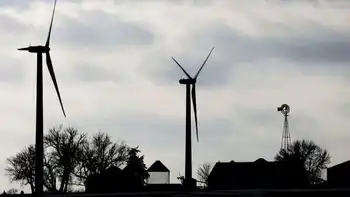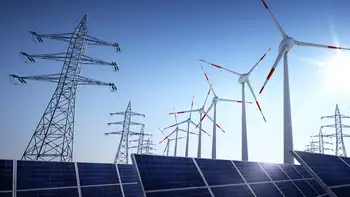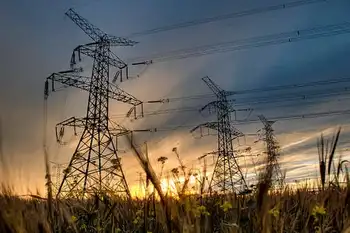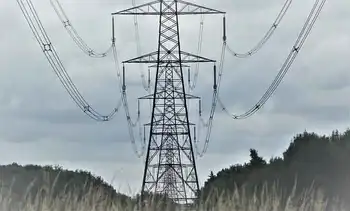EU draft shows plan for more fixed-price electricity contracts
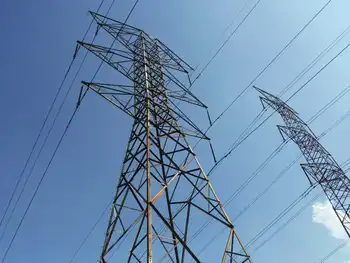
NFPA 70b Training - Electrical Maintenance
Our customized live online or in‑person group training can be delivered to your staff at your location.

- Live Online
- 12 hours Instructor-led
- Group Training Available
EU Electricity Market Reform advances two-way CfDs, PPAs, and fixed-price tariffs to cut volatility, support renewables and nuclear, stabilize investor revenues, and protect consumers from price spikes across wholesale power markets.
Key Points
An EU plan expanding two-way CfDs, PPAs, and fixed-price contracts to curb price swings and support low-carbon power.
✅ Two-way CfDs return excess revenues to consumers
✅ Boosts PPAs and fixed-price retail options
✅ Targets renewables, nuclear; limits fossil exposure
The European Union wants to expand the use of contracts that pay power plants a fixed price for electricity, a draft proposal showed, as part of an electricity market revamp to shield European consumers from big price swings.
The European Commission pledged last year to reform the EU's electricity market rules, after record-high gas prices, caused by cuts to Russian flows, sent power prices soaring, prompting debates over gas price cap strategies in response.
A draft of the EU executive's proposal, seen by Reuters on Tuesday and due to be published on Mar. 16, steered clear of the deep redesign of the electricity market that some member states have called for, even as nine EU countries opposed sweeping reforms as a fix earlier in the crisis, suggesting instead limited changes to nudge countries towards more predictable, fixed-price power contracts.
If EU countries want to support new investments in wind, solar, geothermal, hydropower and nuclear electricity, for example - a point over which France and Germany have wrestled - they should use a two-way contract for difference (CfD) or an equivalent contract, the draft said.
The aim is to provide a stable revenue stream to investors, and help make consumers' energy bills less volatile, even though rolling back electricity prices is tougher than it appears. Restricting this support to renewable and low-carbon electricity also aims to speed up Europe's shift away from fossil fuels.
Two-way CfDs offer generators a fixed "strike price" for their electricity, regardless of the price in short-term energy markets. If the market price is above the CfD strike price, then the extra revenue the generator receives should be handed out to final electricity consumers, the draft EU document said.
Countries should also make it easier for power buyers to sign power purchase agreements (PPA) - another type of long-term contract to directly buy electricity from a generator.
Governments should also make sure consumers have access to fixed-price electricity contracts - echoing France's new electricity pricing scheme to reassure Brussels - giving them the option to avoid a contract that would expose them to volatile prices swings in energy markets, the draft said.
If European energy prices were to spike to extreme levels again, the Commission suggested allowing national governments to temporarily intervene to fix prices while weighing emergency measures to limit prices where needed, and offer consumers and small businesses a share of their electricity at a lower price.





